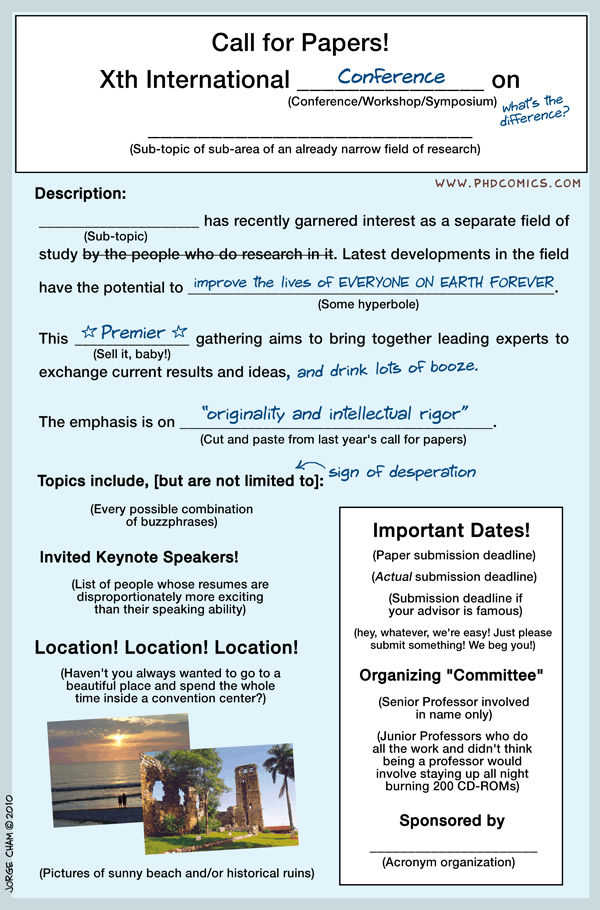Bodies and Souls
This summer, I've been studying Old Frisian, since I work extensively with the Anglo-Saxon law-codes and the Frisian ones are their closest analogues. At least, that's the official story, which sounds sane and rational and intelligent. The truth is that I collect Dead Languages as other people do stamps and shoes, and the thought of learning another particularly obscure one filled me with delight.
Anyway, I picked up Rolf Bremmer's textbook, which is an excellent and thorough introduction to the language. It's also the only one available, as far as I can tell. In the reader to it, he includes this fascinating piece from the Frisian law-codes on the gestation of the foetus. In (my rather clumsy, literal) translation, it reads:
Augustine says and states that the child develops in the mother for nine months. In the first month, blood gathers after conception. In the second month, the body develops. In the third month, the sinews and veins have been fastened, and the foetus has been covered. In the fourth month, the child has developed. In the fifth month, it receives the soul, and it raises up its body and receives breath. In the sixth month, the marrow and the skin grow. In the eighth month, the hair and nails grow. In the ninth month, they (i.e. mother and child) are separated, and the child is born.
As Bremmer remarks, Augustine had nothing to do with this embryology. It comes from a late Roman gynaecological treatise by Vindicianus, and presumably has been attributed to the Archbishop of Hippo to give it greater authority.
Its inclusion in the lawcodes may seem rather strange, but, as Elsakkers convincingly argues, it serves as a guideline for establishing the age of the unborn child in case of a miscarriage that arises from physical violence, and therefore the amount of compensation that would have to be paid.
I find it a fascinating text, since it gives insight into the ideas about the body and soul that Germanic peoples would have received from the Classical tradition which they inherited. According to Bremmer, a similar text survives in Old English, which suggests that these ideas were disseminated across the Germanic world. Their presence in the Frisian law-codes suggests that they were accepted as reliable and accurate, that they were seen as a scientific description of human development according to which legislation could be made. In this respect, they aren't like the Platonic theories about body and soul, which do not seem to have been readily accepted or understood by a Germanic audience, if Alfred's translation of Boethius is any indication.
For me, what is most striking about this tradition is how late the soul attaches to the body. It is only in the fifth month that the foetus receives the soul and therefore becomes human. It is clear that Vindicianus is using the moment of quickening as his criterion, the moment when the mother can feel the foetus moving inside her for the first time. This decision is not arbitrary. According to Aristotle's theories, one of the defining faculties of the soul was the kinetikón or "locomotive" faculty. Thus, when the child begins to move, it shows itself to be in possession of a soul.
I need to think and read more about this issue, so I'm going to leave this post here. That's ultimately what this blog is going to contain: first thoughts and still incomplete theories.
Anyway, I picked up Rolf Bremmer's textbook, which is an excellent and thorough introduction to the language. It's also the only one available, as far as I can tell. In the reader to it, he includes this fascinating piece from the Frisian law-codes on the gestation of the foetus. In (my rather clumsy, literal) translation, it reads:
Augustine says and states that the child develops in the mother for nine months. In the first month, blood gathers after conception. In the second month, the body develops. In the third month, the sinews and veins have been fastened, and the foetus has been covered. In the fourth month, the child has developed. In the fifth month, it receives the soul, and it raises up its body and receives breath. In the sixth month, the marrow and the skin grow. In the eighth month, the hair and nails grow. In the ninth month, they (i.e. mother and child) are separated, and the child is born.
As Bremmer remarks, Augustine had nothing to do with this embryology. It comes from a late Roman gynaecological treatise by Vindicianus, and presumably has been attributed to the Archbishop of Hippo to give it greater authority.
Its inclusion in the lawcodes may seem rather strange, but, as Elsakkers convincingly argues, it serves as a guideline for establishing the age of the unborn child in case of a miscarriage that arises from physical violence, and therefore the amount of compensation that would have to be paid.
I find it a fascinating text, since it gives insight into the ideas about the body and soul that Germanic peoples would have received from the Classical tradition which they inherited. According to Bremmer, a similar text survives in Old English, which suggests that these ideas were disseminated across the Germanic world. Their presence in the Frisian law-codes suggests that they were accepted as reliable and accurate, that they were seen as a scientific description of human development according to which legislation could be made. In this respect, they aren't like the Platonic theories about body and soul, which do not seem to have been readily accepted or understood by a Germanic audience, if Alfred's translation of Boethius is any indication.
For me, what is most striking about this tradition is how late the soul attaches to the body. It is only in the fifth month that the foetus receives the soul and therefore becomes human. It is clear that Vindicianus is using the moment of quickening as his criterion, the moment when the mother can feel the foetus moving inside her for the first time. This decision is not arbitrary. According to Aristotle's theories, one of the defining faculties of the soul was the kinetikón or "locomotive" faculty. Thus, when the child begins to move, it shows itself to be in possession of a soul.
I need to think and read more about this issue, so I'm going to leave this post here. That's ultimately what this blog is going to contain: first thoughts and still incomplete theories.
Subscribe to:
Posts (Atom)

